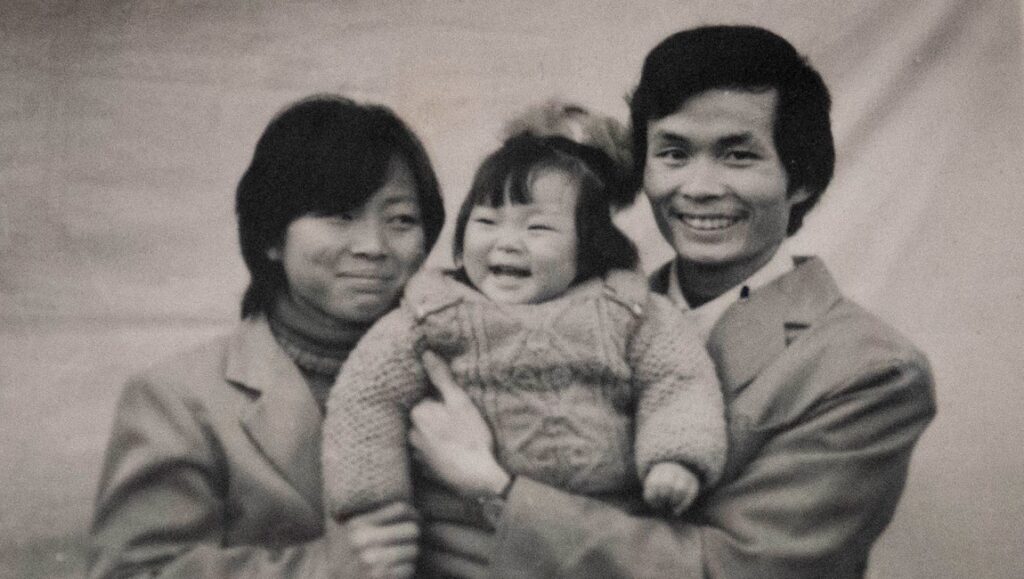It shouldn’t surprise that a documentary tackling China’s population-curbing one-child policy, effectuated in the late 1970s and lasting until 2015, provides innately dramatic material, but One Child Nation is nonetheless frequently jolting in the particular avenues it navigates. Co-directed by Nanfu Wang and Jialing Zhang, it’s the former whose presence informs the film, her interrogations leading the viewer down an organically-realized rabbit hole of authoritarian indoctrination and state-sponsored criminality. Wang proves an even-tempered guide; many of the film’s best moments are matter-of-factly presented, even as they implicitly assail the director.
In what is perhaps One Child Nation’s most aching and illustrative scene, Wang (whose name even undermines her existence, nan meaning man and fu meaning pillar) canvasses a cluster of porch-sat grandfathers, including her own, regarding their thoughts on grandchildren – the consensus goes beyond an almost religious preference for grandsons to even include a bias for those born of the paternal line. This study in cultural misogyny — which was not born of, but rather found validation in, the one-child policy — represents the best of Wang’s instincts; her commitment to an investigative ethos rather than thesis-driven documentarianism means she is free to follow compelling digressions. Likewise indebted to this approach is the film’s second-half shift into breadcrumb narrative. As the mechanisms for living under the one-child policy become more clearly rendered – namely, the abandonment, kidnapping, and sale of babies – Wang turns her humanist eye on more institutional hypocrisies and transgressions. The twinned elements of this enterprise — which involve the forced withdrawal from homes or street-side discovery of children, their sale to a state orphanage, and China’s exorbitant profits from subsequent international adoptions — work as a tight analogy of the relationship between the country’s emerging, stealth capitalism and its continued attestation of collective ideals over this time period.
Yet for all this rich and moving thematic material and fluid probing, the co-directors frustratingly display little formal vigor, compositions largely alternating between bland and distracting, sometimes upsetting the film’s moving authenticity and failing to justify film as a necessary medium. But much of this seems forgivable after One Child Nation’s final third: in a memorable scene, Wang constructs a quick-cut montage of several of the film’s subjects spouting homogenous, propagandist bromides, clearly haunted but unwilling to blame either self or state. Here, it’s not the dehumanizing policies of authoritarian overreach that linger and indict, but the weathered faces of these women, who have been devalued, stripped of their autonomy, and suffered forced conformity, echoing the destructive language of powerful men.
Published as part of August 2019’s Before We Vanish.


Comments are closed.